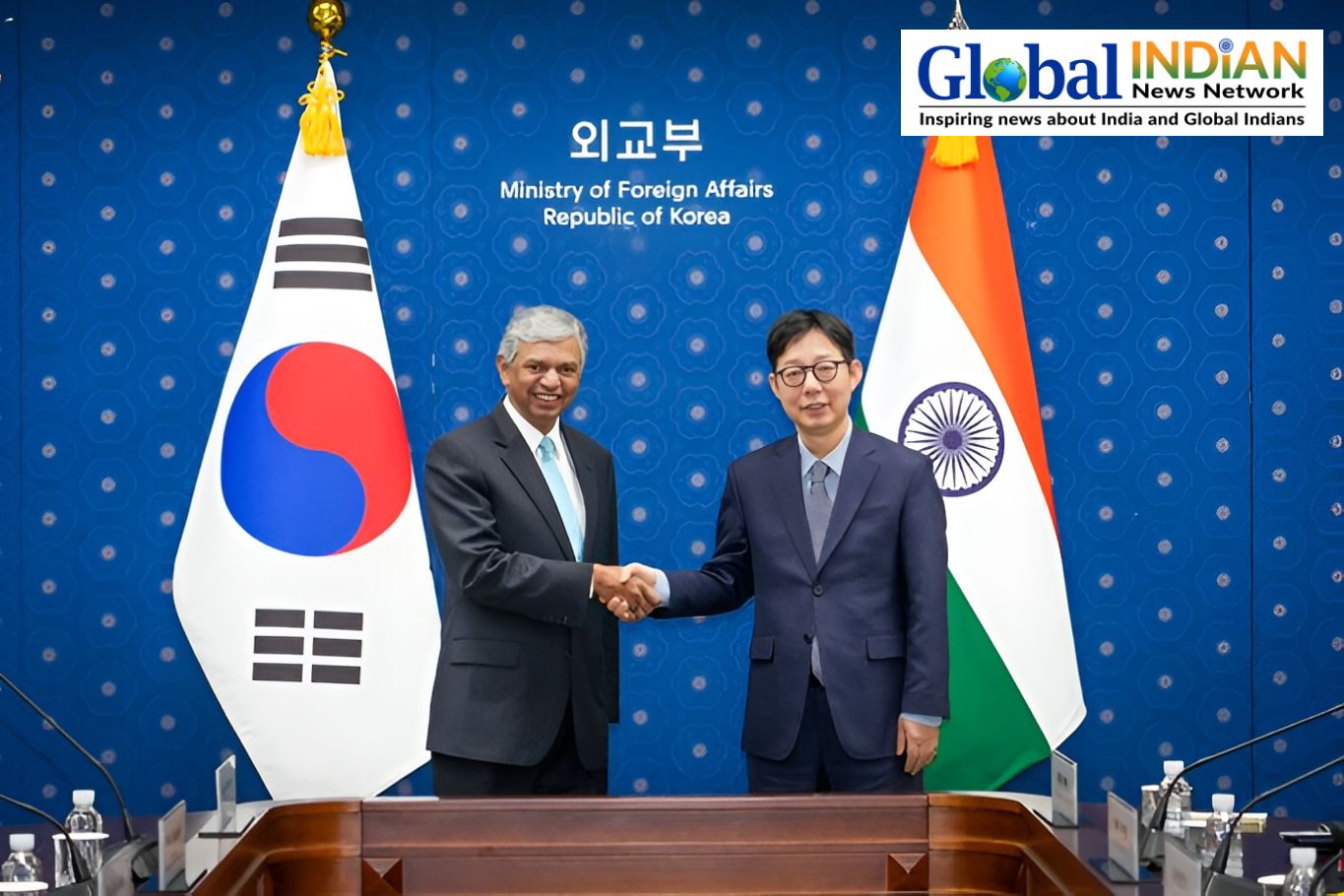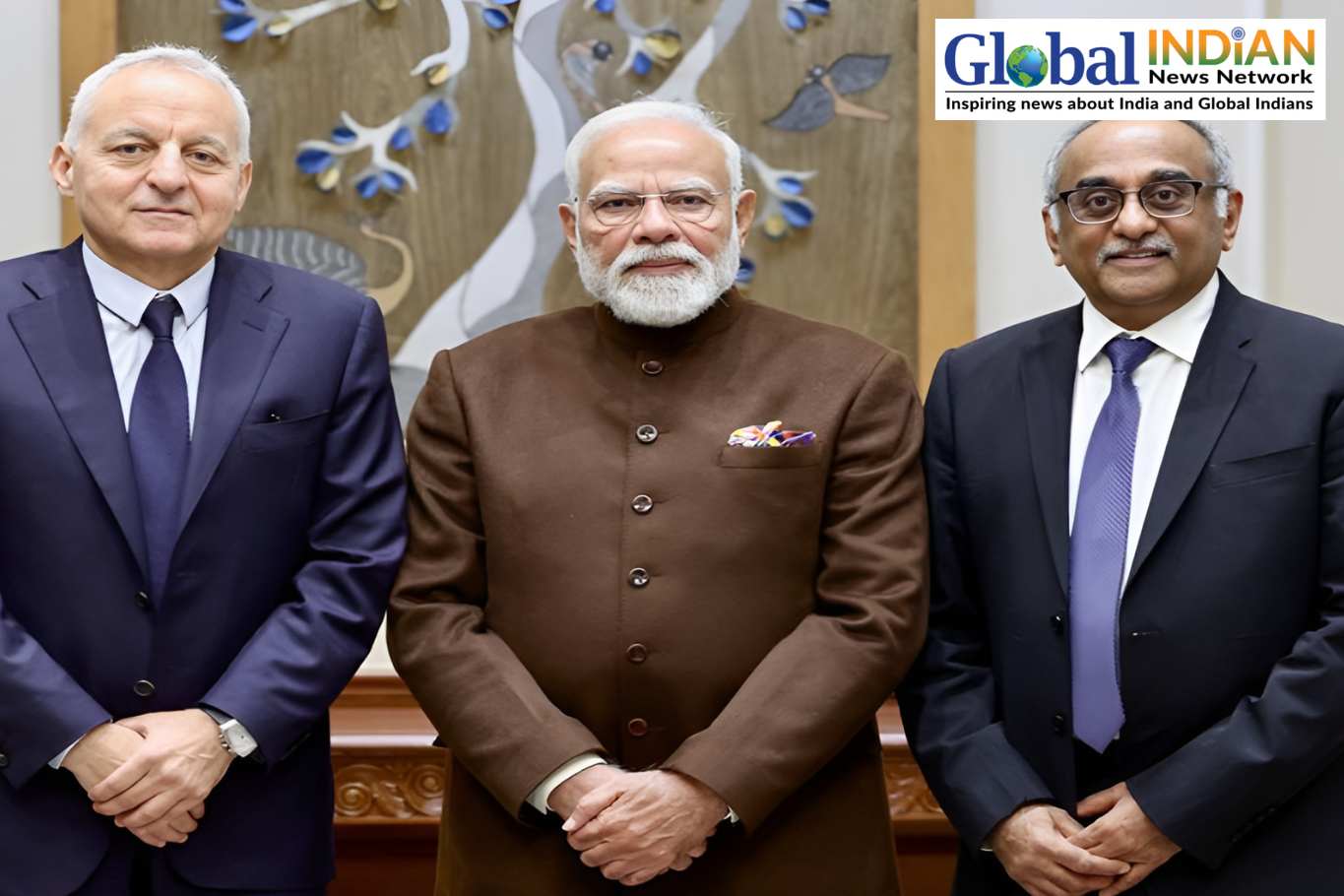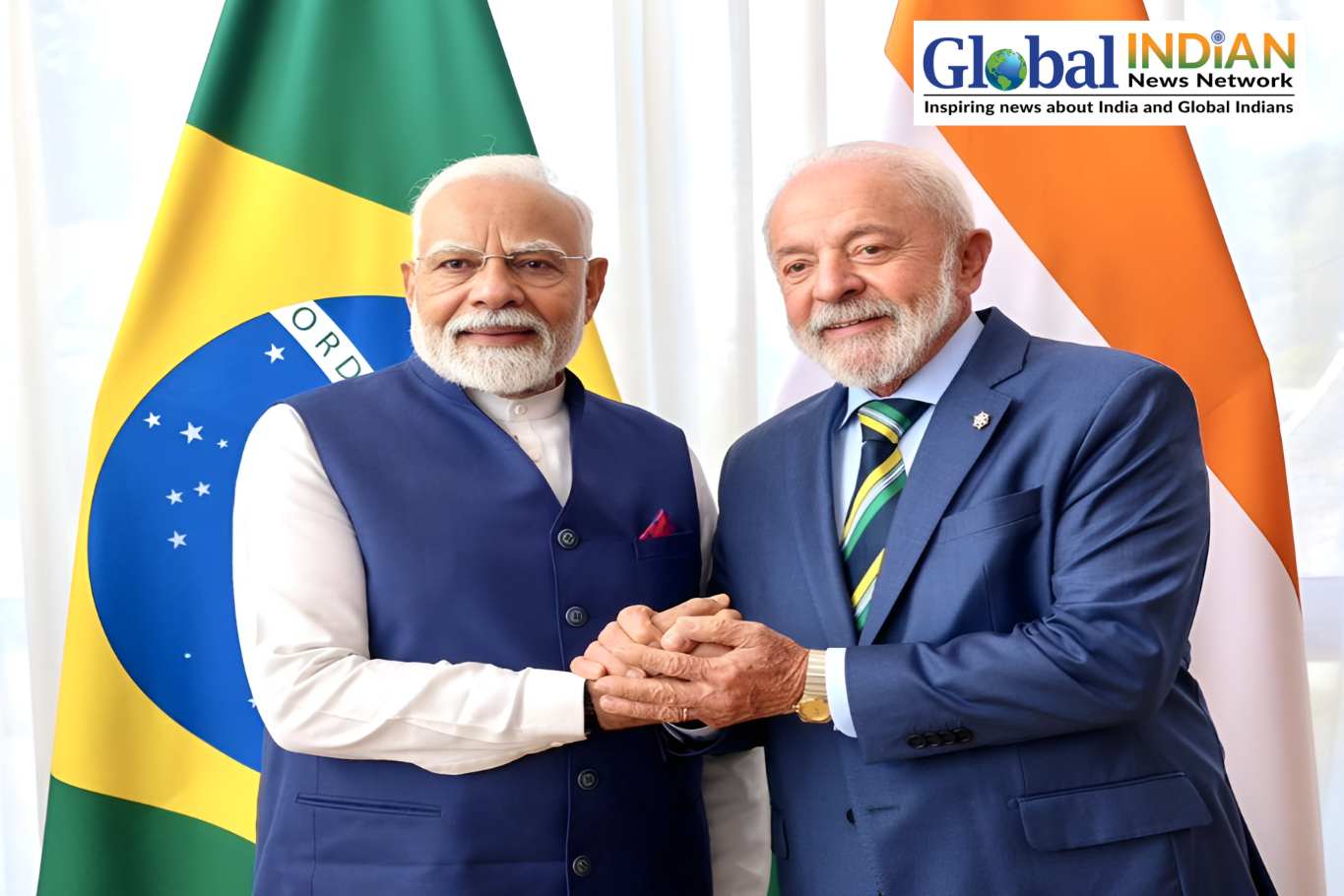
External Affairs Minister S. Jaishankar addressed the Ambassadors Conference of the Austrian Foreign Ministry on Monday, joining the event virtually at the invitation of Austrian Foreign Minister Alexander Schallenberg. During the conference, Jaishankar provided insights from India’s perspective on the global situation, highlighting the prospects for both bilateral relations between India and Austria, as well as with the European Union.
In a social media post, Jaishankar expressed his pleasure in addressing the conference, thanking Minister Schallenberg for the invitation. He emphasized the importance of discussing India’s views on global dynamics and the opportunities for strengthening ties with Austria and the EU.
Alexander Schallenberg praised Jaishankar’s contribution, underscoring that, in these challenging times, effective foreign policy increasingly depends on sustained engagement with key partners outside of Europe. Schallenberg shared this sentiment in a social media post, stressing the value of continuous dialogue with important global partners.
Earlier this year, Prime Minister Narendra Modi made a historic visit to Austria on July 9-10, marking the first official visit by an Indian Prime Minister to the country in 41 years. The visit celebrated the 75th anniversary of diplomatic relations between India and Austria and aimed to enhance cooperation in various fields, including technology, economy, and global security.
During the visit, Modi and Austrian Chancellor Karl Nehammer highlighted the shared values of democracy, freedom, and international peace and security, emphasizing a rules-based international order anchored in the UN Charter. Both leaders reiterated their commitment to deepening bilateral, regional, and international cooperation to promote a more stable, prosperous, and sustainable world.
The discussions also included a focus on ensuring a free and open Indo-Pacific region, maintaining maritime security, and upholding international law, particularly the United Nations Convention on the Law of the Sea (UNCLOS). The leaders exchanged views on developments in Europe and West Asia, with a shared commitment to restoring peace and upholding international law, especially regarding the conflict in Ukraine.
Both leaders welcomed the launch of the India-Middle East-Europe Corridor (IMEC) and expressed Austria’s interest in participating in this initiative. They also agreed on pursuing a forward-looking economic partnership centered on green and digital technologies, infrastructure, renewable energy, and smart cities. To further promote these initiatives, a high-level bilateral Business Forum was convened, encouraging CEO-level interactions to explore new opportunities.
Recognizing their commitments under the United Nations Framework Convention on Climate Change (UNFCCC), both nations pledged to collaborate on renewable energy, with particular attention to Austria’s Hydrogen Strategy and India’s Green Hydrogen Mission. As parties to the UNFCCC, they reaffirmed their dedication to limiting global temperature increases and reducing climate change risks.
The leaders also acknowledged the EU’s goal of climate neutrality by 2050, Austria’s target for 2040, and India’s aim for net zero emissions by 2070. Initiatives like the Start-Up Bridge and exchanges under Austria’s Global Incubator Network and India’s Start-Up India were highlighted as vital for fostering innovation and entrepreneurship.
Additionally, they recognized the growing importance of digital technologies in industrial processes, particularly in the context of a sustainable economy (Industry 4.0). Both leaders reaffirmed their commitment to multilateralism and supported comprehensive reforms of the United Nations. India reiterated its support for Austria’s candidature for the UN Security Council for the 2027-28 term, while Austria backed India’s candidature for 2028-29.
India also invited Austria to join the International Solar Alliance (ISA), emphasizing collaboration in renewable energy and sustainable development as key areas of mutual interest.









